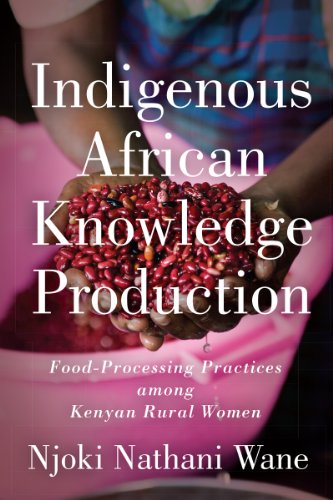

Most ebook files are in PDF format, so you can easily read them using various software such as Foxit Reader or directly on the Google Chrome browser.
Some ebook files are released by publishers in other formats such as .awz, .mobi, .epub, .fb2, etc. You may need to install specific software to read these formats on mobile/PC, such as Calibre.
Please read the tutorial at this link. https://ebooknice.com/page/post?id=faq
We offer FREE conversion to the popular formats you request; however, this may take some time. Therefore, right after payment, please email us, and we will try to provide the service as quickly as possible.
For some exceptional file formats or broken links (if any), please refrain from opening any disputes. Instead, email us first, and we will try to assist within a maximum of 6 hours.
EbookNice Team

Status:
Available4.4
29 reviewsAmong the rural Embu people of Eastern Kenya, teaching and learning are not purely institutional activities. Instead, knowledge is passed from generation to generation alongside the most mundane activities. In Indigenous African Knowledge Production, Njoki Nathani Wane uses food-processing practices – preparing, preserving, cooking, and serving – as an entry point into the indigenous knowledge of the Embu and the role that rural Embu women play in creating and transmitting it.
Using personal narratives collected during several years of field research in Kenya, Wane demonstrates how Embu women use proverbs, fables, and folktales to preserve and communicate their world-view, knowledge, and cultural norms. She shows how this process preserves Indigenous knowledge devalued by the colonial and post-colonial educational systems, as well as the gendered dimension of the transmission process.
Wane’s book will be useful not just to those studying development and education in Africa, but also to all those interested in questions of how to preserve and recover local cultural knowledge.